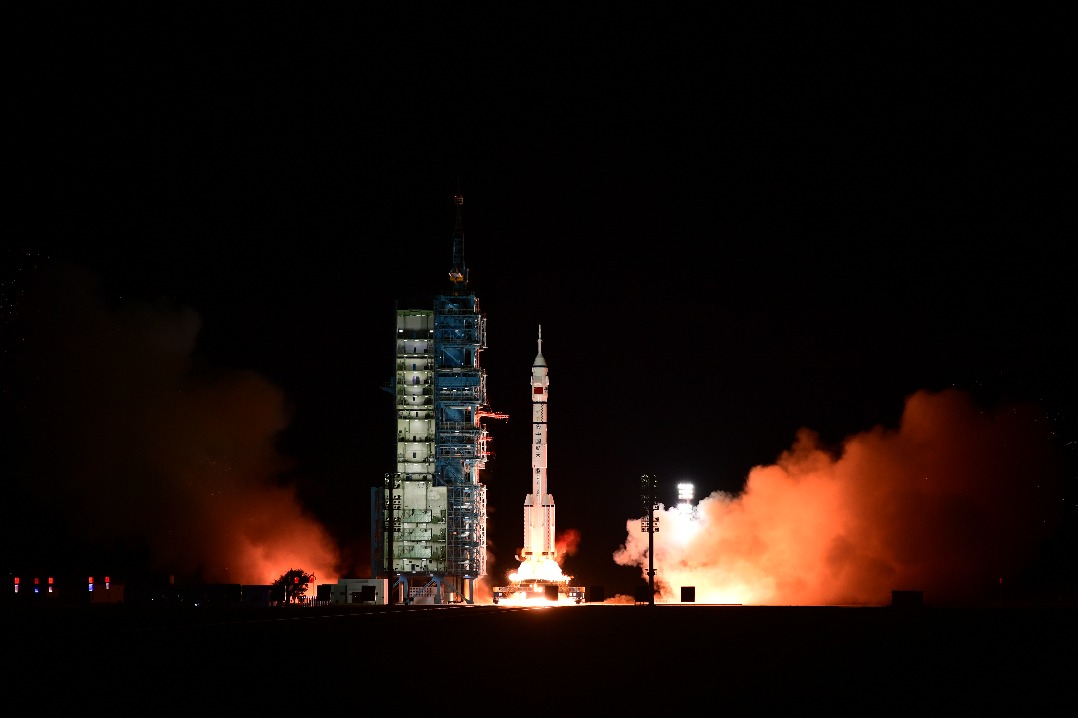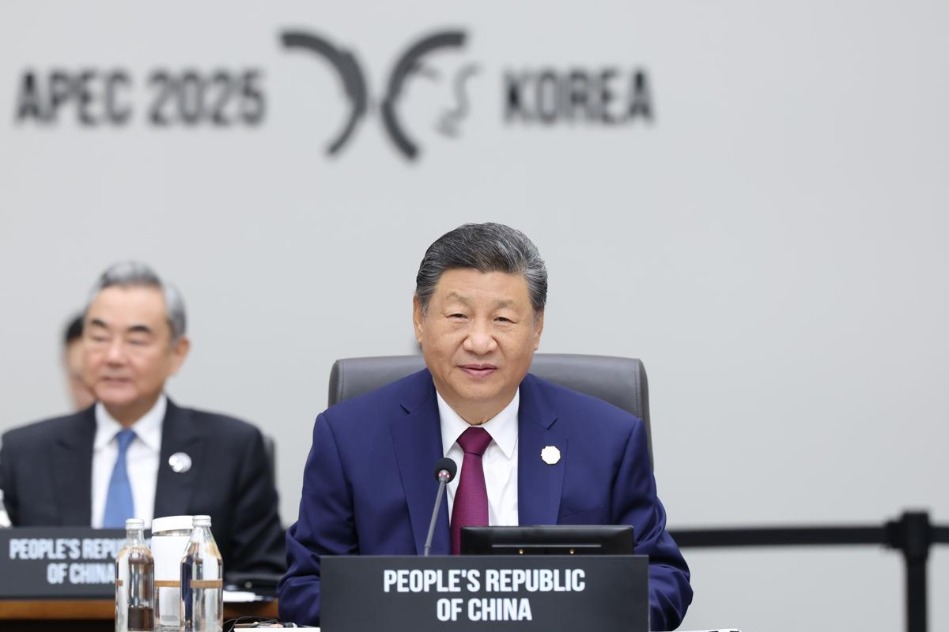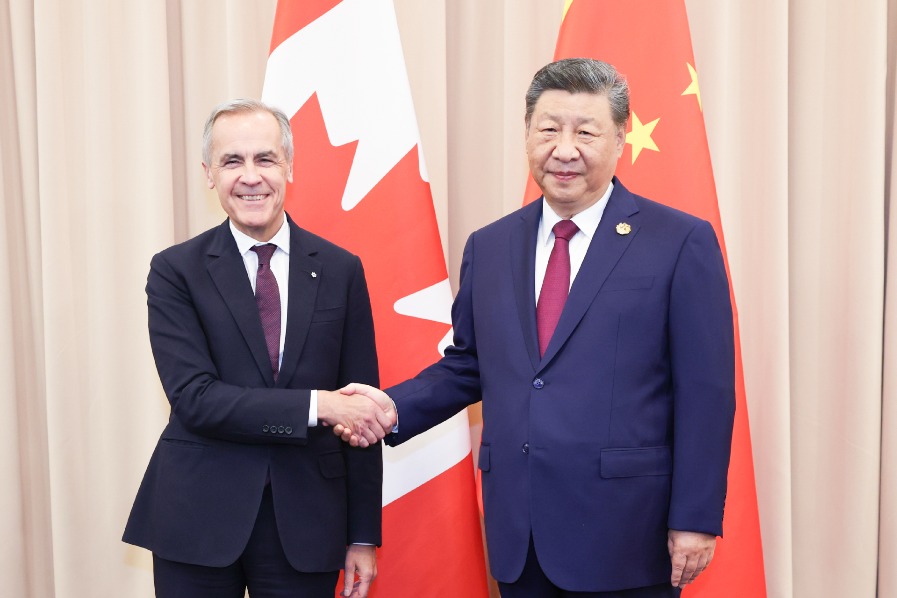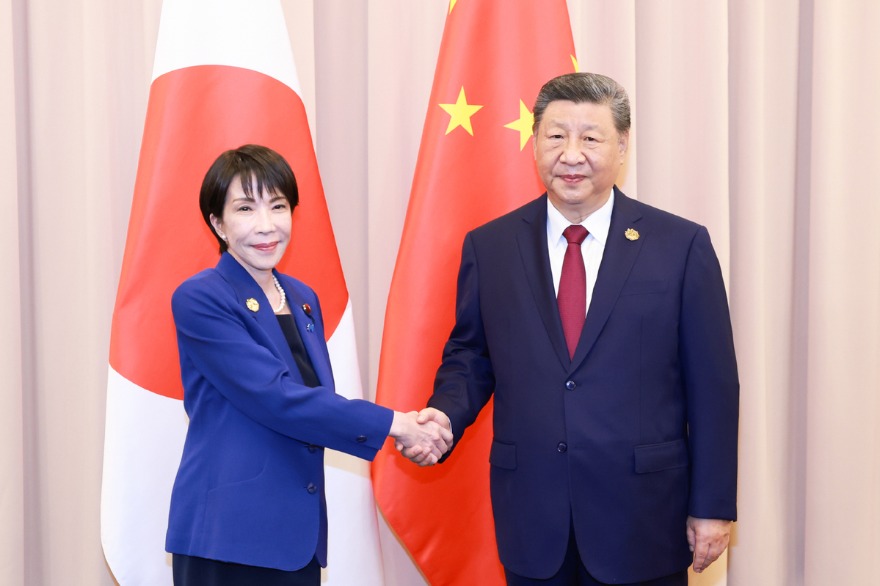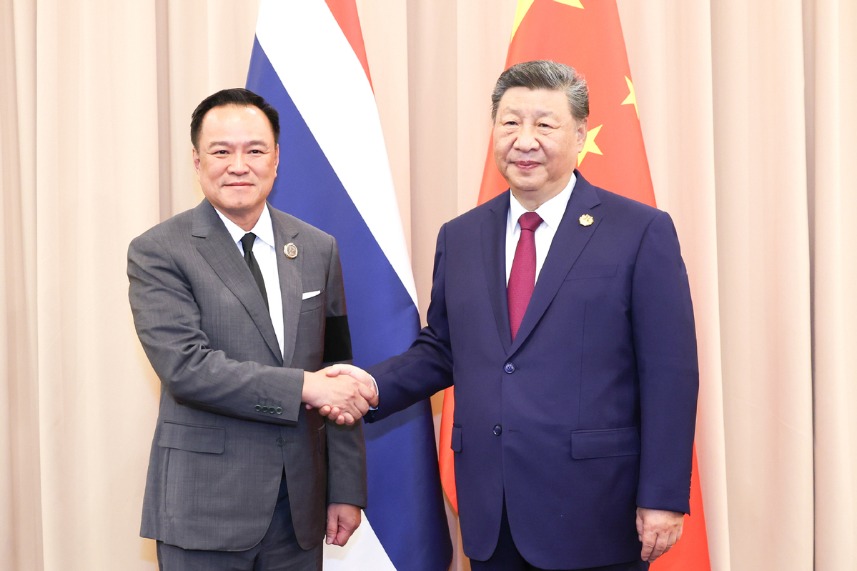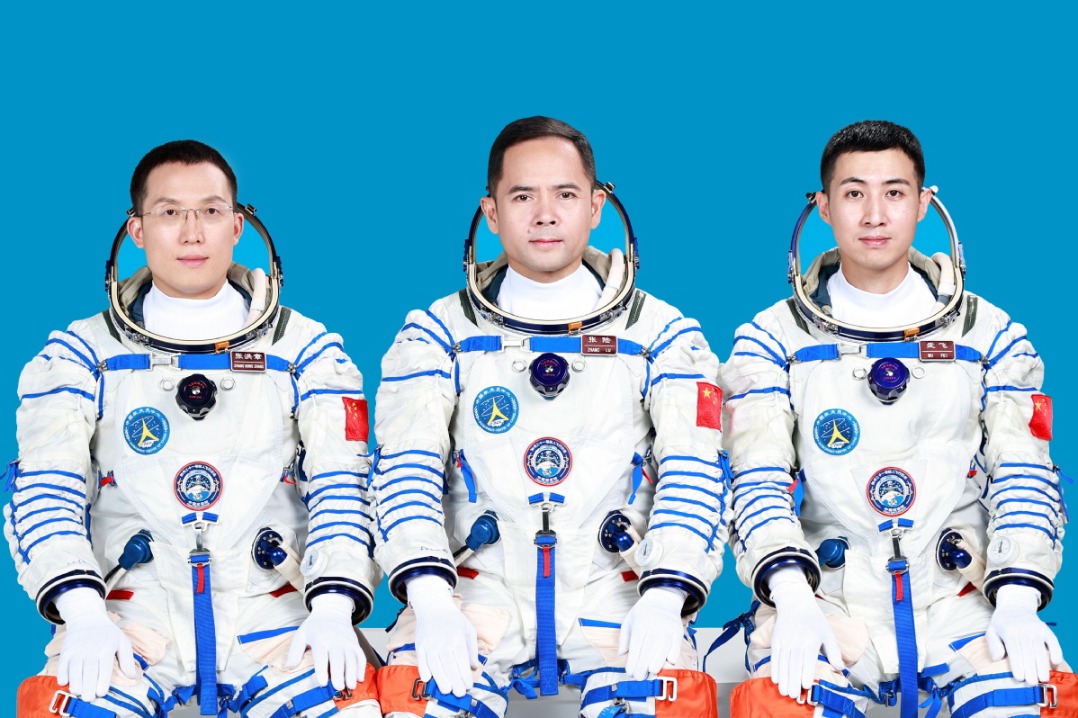Facial recognition triggers nationwide debate


Hou Guoji, a businessman from Xuzhou, Jiangsu province, said the demand for facial information should have been clarified when the park helped Guo register the card.
But Hou added that the technology can be a benefit to people in daily life — for example, if they forget to carry their ID cards at airports. "If the technology can be adopted in signing contracts or legal documents, I believe financial security will also be greatly improved," he said.
Li, the lawyer, said the speed and convenience brought by the technology for security checks and verifying identities is undeniable.
Zhao, the legal researcher, said: "Efficiency or privacy? That's the question in the fast-developing internet and technology era. With enhanced awareness of protecting personal information, the issue of better adopting technologies, including facial recognition, AI and deepfakes, must be urgently studied and regulated."
Deepfakes refers to using an image of a person and replacing it with someone else's likeness.
"If facial information is leaked, it will be hard to take effective compensatory measures," Zhao said. "That's why many users worry that such information may be collected unnecessarily or used improperly."














